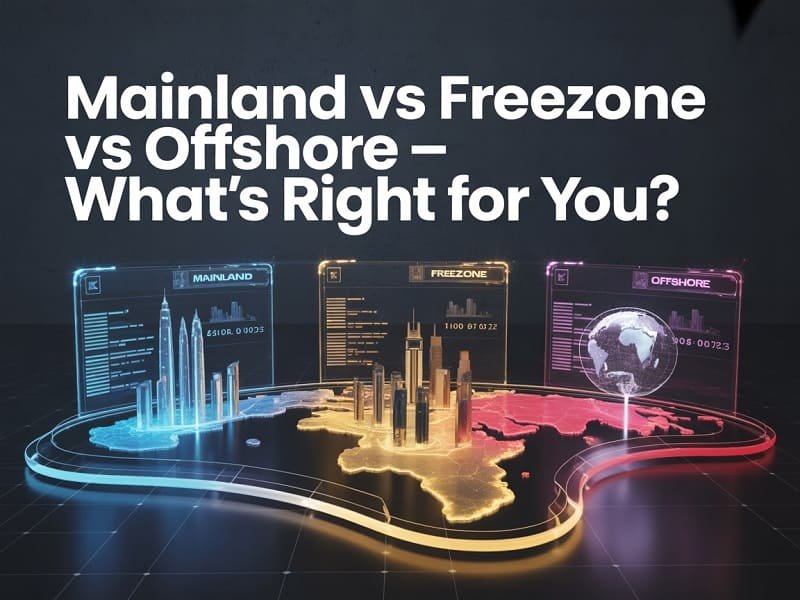When it comes to setting up a business in the UAE, one of the first and most important decisions is choosing the right business jurisdiction. Many entrepreneurs struggle to decide between Mainland, Freezone, and Offshore setups — each offering unique benefits, rules, and purposes.
In this article, MHK Taxation UAE breaks down each option in a simple, practical way to help you choose the structure that’s best suited for your business vision.
Understanding the Three Business Jurisdictions in the UAE
The UAE government provides flexibility to investors through three main company structures. Let’s explore each one:
1. Mainland Company Setup
A Mainland company is registered under the UAE Department of Economic Development (DED). This setup allows you to do business anywhere in the UAE and internationally.
Key Benefits:
- Freedom to operate across UAE markets
- 100% foreign ownership (as per new laws in most sectors)
- Ability to work with government and private clients
- Option for unlimited visas depending on office size
Best For:
Businesses that want a broad presence, plan to serve local clients, or open physical offices in the UAE.
Example:
A retail store in Dubai Mall or a consulting firm serving both UAE and international clients.
2. Freezone Company Setup
Freezones are special economic zones offering full business ownership and attractive incentives. Each freezone is managed by its own authority.
Key Benefits:
- 100% foreign ownership
- 0% personal and corporate tax (in many zones, subject to corporate tax thresholds)
- No customs duties for goods within the freezone
- Fast company setup and visa process
Limitations:
- Can only trade within the freezone or internationally
- Must appoint a local distributor to trade in the UAE Mainland
Best For:
E-commerce, import-export, or service-oriented companies that focus on global clients.
Example:
A digital marketing agency registered in Dubai Media City or a logistics firm in Jebel Ali Free Zone (JAFZA).
3. Offshore Company Setup
Offshore companies are mainly used for international trading, asset protection, and tax optimization. They cannot conduct direct business within the UAE.
Key Benefits:
- 100% foreign ownership
- No requirement for a physical office
- Full repatriation of profits
- Ideal for international holdings or asset management
Limitations:
- Cannot trade within UAE or hire employees locally
- Not eligible for UAE residence visas
Best For:
Global investors, holding companies, or international traders who want to maintain privacy and reduce tax burdens.
Example:
An investor managing assets through Ras Al Khaimah (RAK) Offshore.
Choosing What’s Right for You
Your choice depends on your business goals, target market, and operational needs.
| Goal | Ideal Structure |
|---|---|
| Serving UAE local clients | Mainland |
| Global trade or export/import | Freezone |
| Asset protection or holding company | Offshore |
If you’re unsure which one fits best, MHK Taxation UAE can help you with free consultation and setup guidance — ensuring your business aligns with UAE Ministry of Economy and Federal Tax Authority (FTA) compliance.
Why Choose MHK Taxation UAE?
At MHK Taxation UAE, we specialize in business setup, tax registration, and corporate consultancy.
Our experts have helped entrepreneurs from around the world establish their presence in Dubai, Abu Dhabi, and across the UAE.
We ensure full compliance with:
Explore our services:
👉 Company Formation in UAE
👉 VAT & Corporate Tax Registration
👉 Contact Us for Consultation
FAQ
1. What is the main difference between Mainland and Freezone companies?
Mainland companies can trade anywhere in the UAE and with government entities, while Freezone companies are limited to their respective zones and international clients.
2. Can a Freezone company operate directly in the UAE Mainland?
No, Freezone companies must appoint a local distributor or establish a Mainland branch to trade within UAE local markets.
3. Do Offshore companies pay corporate tax in the UAE?
Offshore companies are generally exempt from UAE corporate tax, as they are designed for global operations and asset holding, not local trade.
4. Which setup allows 100% foreign ownership?
All three — Mainland (in most sectors), Freezone, and Offshore — allow full foreign ownership.
5. How can MHK help with choosing the right setup?
MHK Accounting & Taxation experts provide personalized consultation, guiding you on the best structure based on your business goals, market, and compliance requirements.
MHK Accounting & Taxation Services LLC
Finance | Tech | Taxation | Accounting | Strategy




Leave A Comment